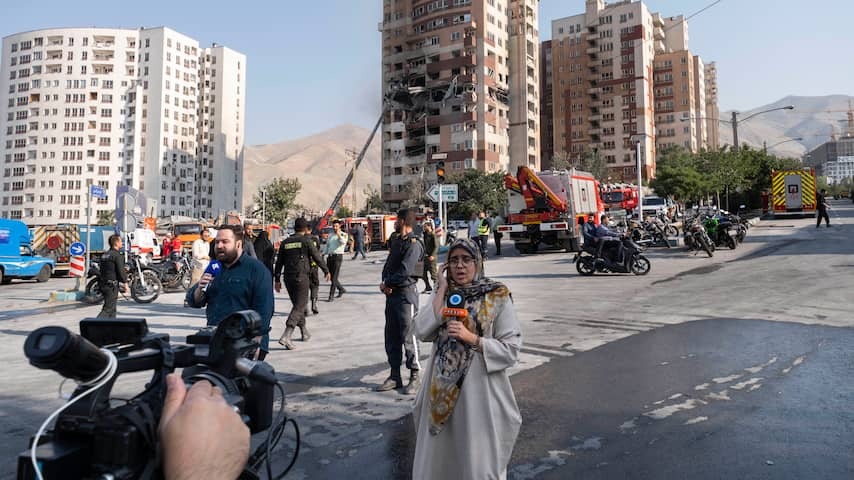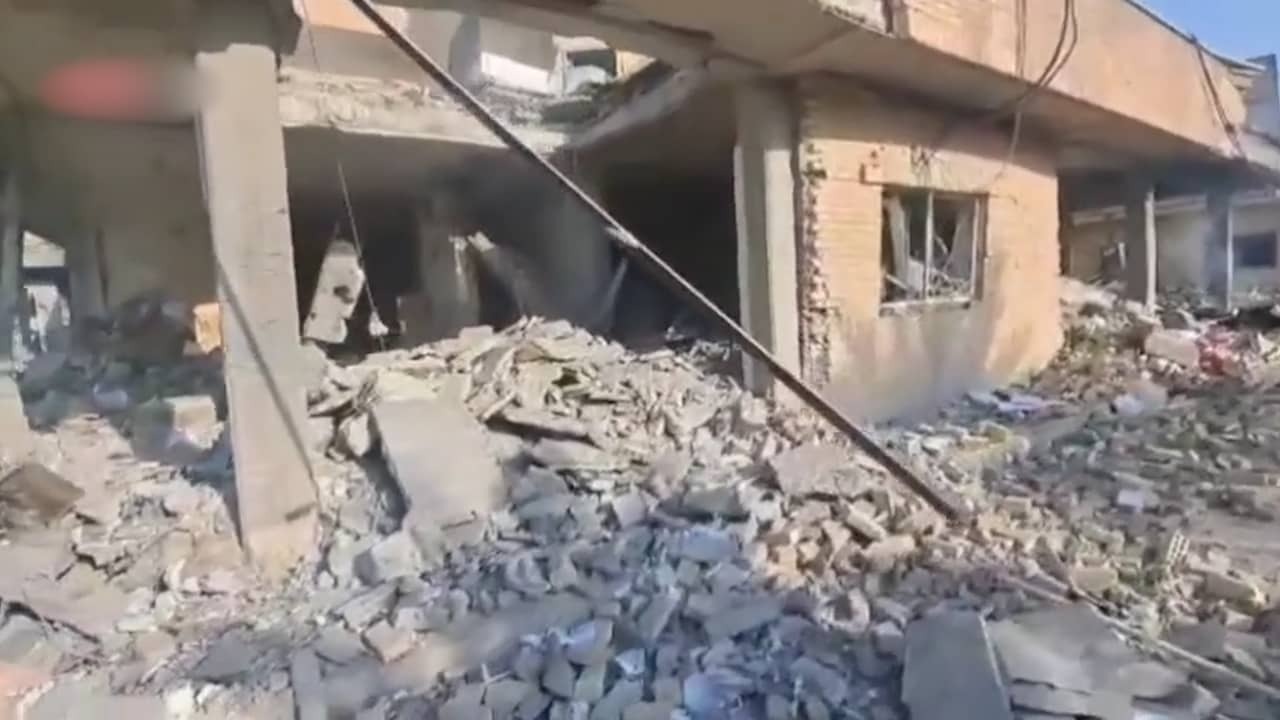
Iran assumed an Israeli attack would occur after the weekend. As a result, the country’s defenses were not prepared, and the retaliatory attack was weak. This is according to The New York Times, based on conversations with Iranian government sources.
The American newspaper spoke with six representatives of the Iranian government and two members of the elite unit of the Islamic Revolutionary Guard. Their conclusion was clear: Iran expected an Israeli attack, but not on Friday.
Because indirect nuclear talks with the United States regarding a new deal were scheduled for Sunday, Iran thought Israel would wait. The threatening language from Tel Aviv was mainly interpreted in Tehran as leverage in the run-up to those negotiations.
As a result, Iran was completely taken by surprise by the attack, which Israel carried out with two hundred fighter planes. Some senior military leaders were simply at home instead of in secured locations. Hossein Salami, the commander of the Revolutionary Guard, and Mohammed Bagheri, the chief of staff of the armed forces, were killed.
The air force commander of the Revolutionary Guard, Amir Ali Hajizadeh, was holding a meeting with his team at an unsecured location in Tehran. The location was hit by an Israeli missile, killing Hajizadeh.
‘Where is our air defense?’
In messages to The New York Times, members of the Iranian government wondered “where their air defense was” and “how Israel attacks everything it wants, kills our commanders, and why we do nothing about it.”
On Friday, it became known that Israel had been preparing the attack for months. Trucks and drones were smuggled into the country and disabled parts of the Iranian air defense, so that the fighter planes could strike unhindered.
Because Iran was so surprised, the counter-reaction was also smaller than initially planned. The plan was to retaliate with about a thousand ballistic missiles in the event of an Israeli attack, thereby overloading the Israeli air defense.
But due to the extensive damage that was inflicted, the Iranian army could not get nearly as many rockets to the right places and launch them. In the end, only about a hundred rockets were fired on Friday. Israel reported at least four deaths and significant damage in the region around Tel Aviv on Saturday.
 0:46
0:46